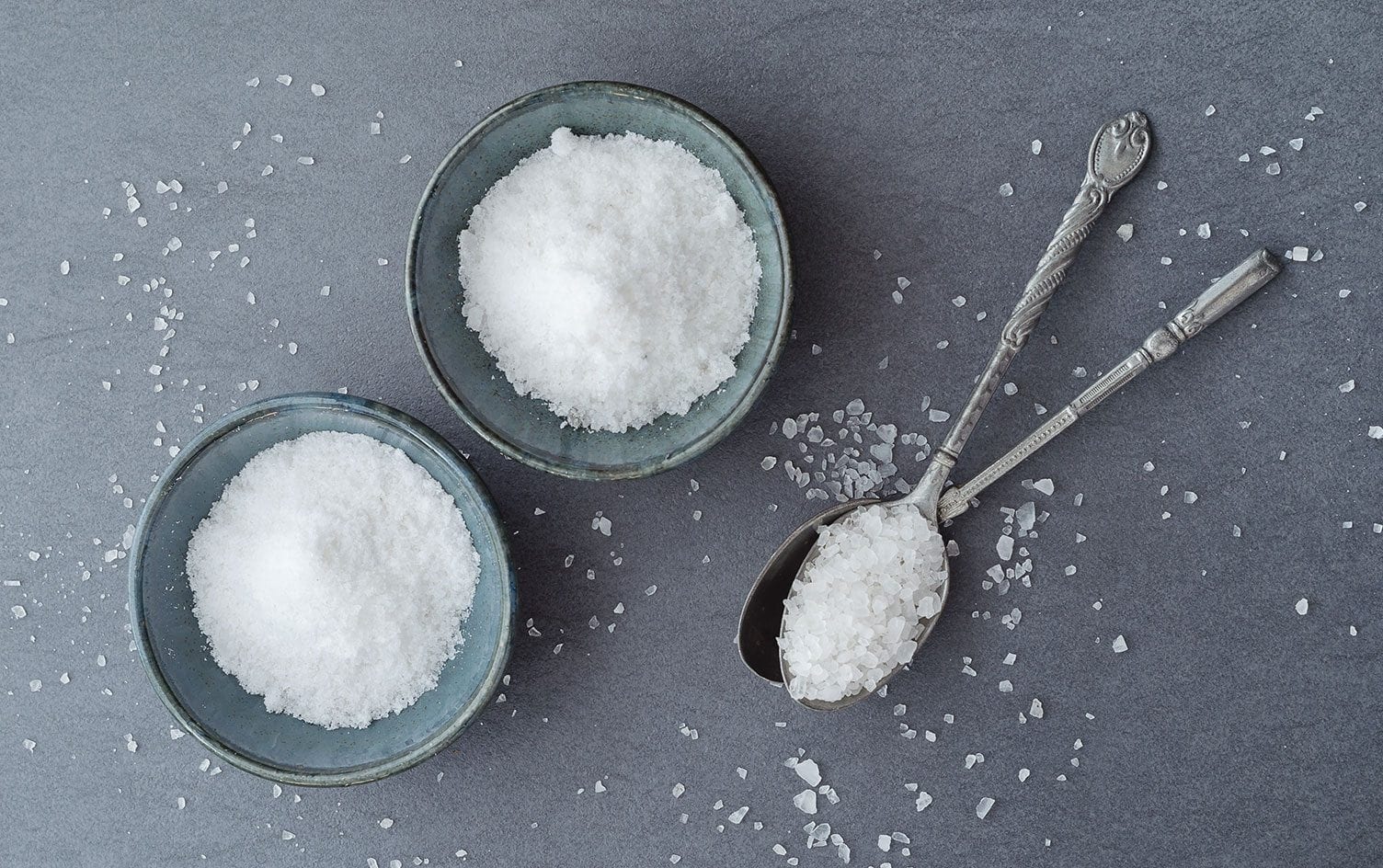Salt gets a bad rap. We have been told for years that a diet high in sodium may be detrimental to our health, yet sodium is an essential mineral involved in many critical functions such as the regulation of blood pressure and the transmission of nerve impulses. Having the right balance is key to optimal health.
SALT AND METABOLIC RATE
New research published in the Journal of Clinical Investigation suggests there may actually be benefits to a sodium-rich diet. Both human and animal research found high-sodium diets lead to an increase in the production of glucocorticoid hormones, which break down fat and muscle, freeing up water to balance the increased sodium. Since this process requires a large amount of energy, the higher-sodium diets were shown to increase the body’s metabolic rate and, therefore, the amount of calories burned each day.
DETERMINING YOUR INDIVIDUAL NEEDS
But do these findings really mean high amounts of sodium in the diet may be less harmful than we once thought? Might they even be beneficial to weight management? According to some of our nation’s top nutrition experts, the truth lies somewhere in between. The 2015 Dietary Guidelines for Americans recommends an upper intake level of 2300mg of sodium per day (about the amount of sodium found in one teaspoon of table salt). But as Elizabeth Ward, MS, RD, author Better Is the New Perfect points out, “We need to remember that sodium limits are public health mandates, not individual prescriptions. Sodium tolerance probably varies from person to person, however that doesn’t mean you should throw caution to the wind when it comes to your salt intake.”
READ MORE > WHY EATING AVOCADOS MAY HELP YOU LIVE LONGER
Depending on your own individual health, your sodium requirements may be higher or lower than the general recommendations. “The effects of a high salt intake on overall health tend to be greater in individuals with high blood pressure, diabetes or kidney disease,” states Katie Serbinski, MS, RD, of MomtoMomNutrition. Ward adds that, “while the study results are intriguing as far as weight control goes, high-salt eating plans have other harmful effects, including harming bone strength. You need to know how salt affects you individually, and that requires a conversation with your doctor or dietitian.”
SHOULD YOU THROW AWAY THE SALT SHAKER?
Not necessarily. The majority of the sodium we take in each day comes from processed and prepared foods, not the table salt we sprinkle onto foods. “A high-salt intake probably reflects an excess of highly processed, lower-nutrient foods and restaurant fare,” states Ward. Cutting back on processed foods, eating more fresh produce and cooking for yourself with less dependency on eating out are the biggest steps you can take to reduce your sodium intake while improving the overall quality of your diet.
If you are afraid a lower-sodium diet will be bland, think again. “Use the highest-quality ingredients you can afford to maximize flavor, and eat fresh food that’s in season as much as possible,” states Ward. Serbinski advises, “Try using herbs and spices, lemon or orange juice and zest, vinegar, garlic and onions to flavor your food without added sodium and grill, roast and sear foods to bring out their natural flavors.”




